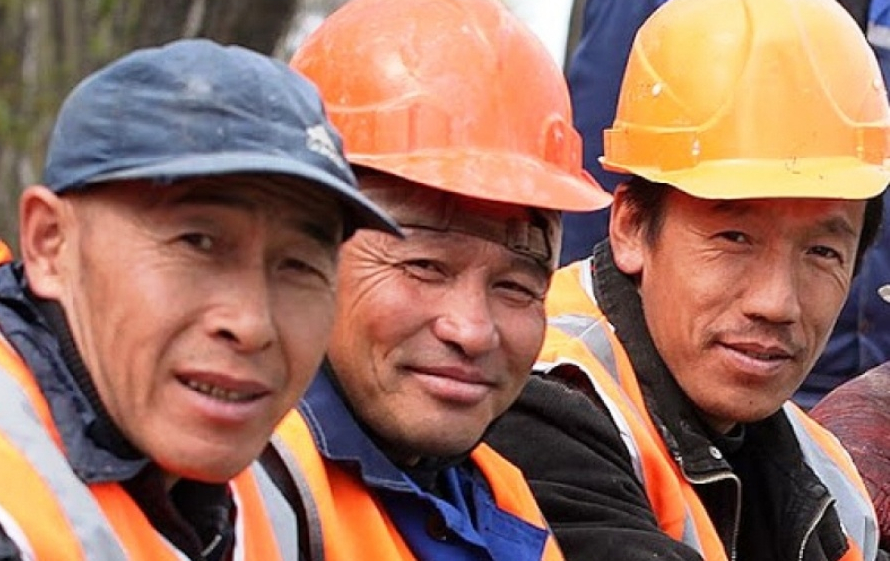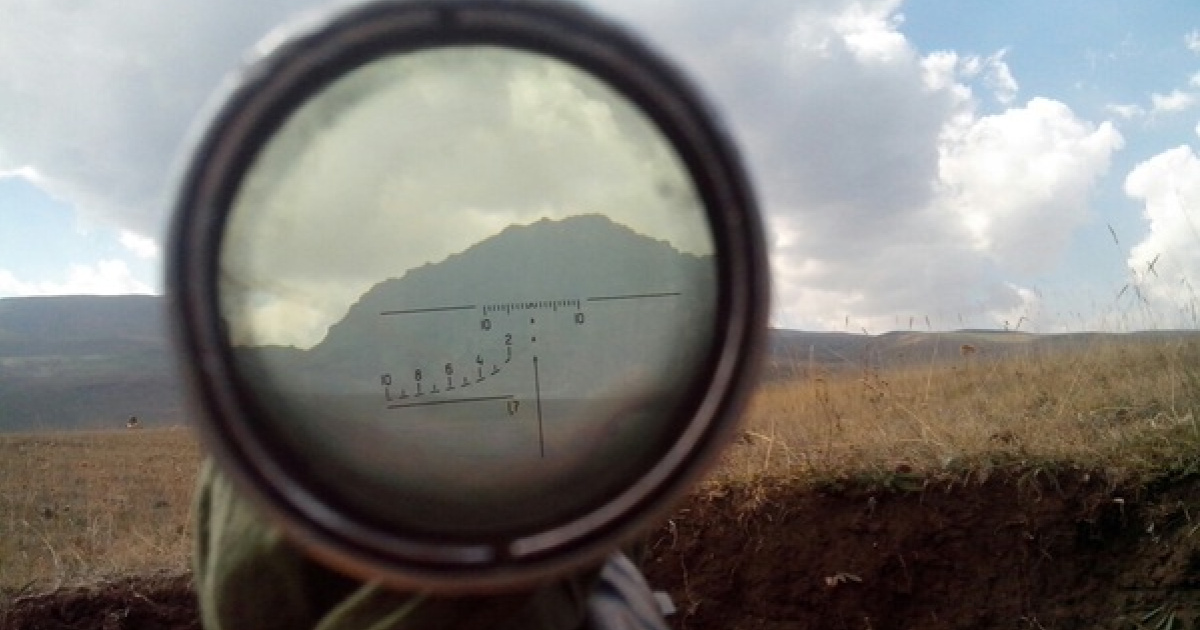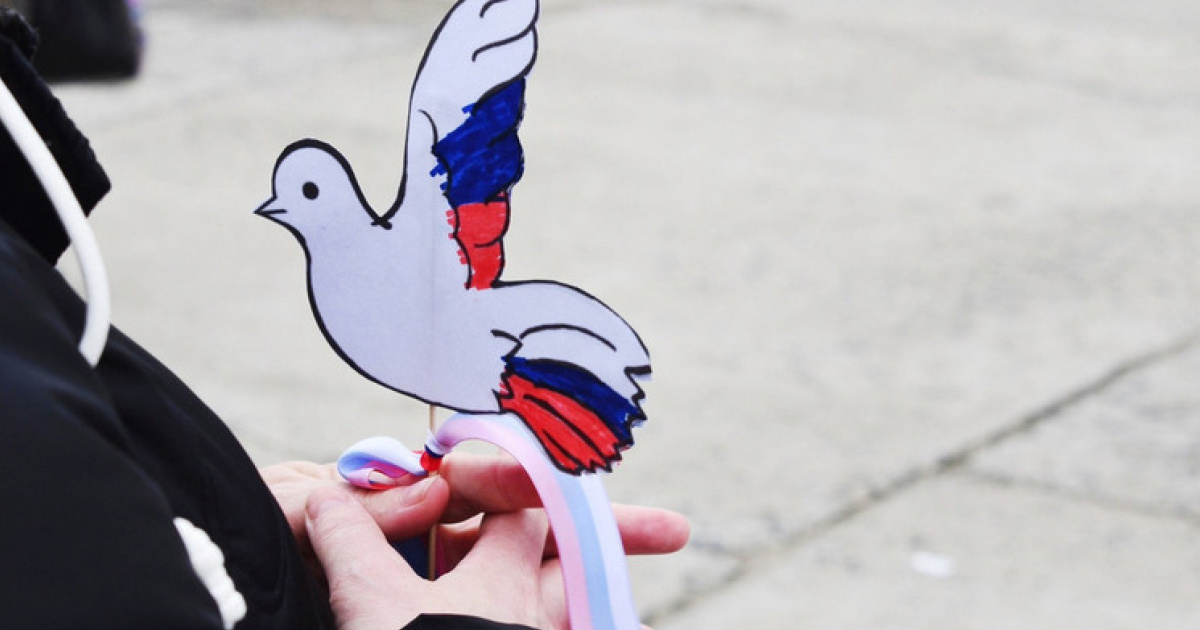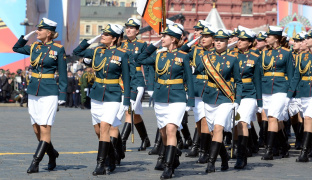
Now I realize that before 2014, I had a lot of friends. It's understandable: both age and the nature of my work played their role, even though I can't really be called a sociable person.
After the rupture in 2014, we ended up on different sides but together. Still together. Letters, then phone calls after the electricity and networks were restored, attempts to send something. Top up the phone – back then we still had a shared mobile provider, medicines for my mom sewn into a soft toy, transfers at inflated rates through local exchange points. They were there for me. There was no "Whose side are you on?". It was only "How are you?". And we kept communicating. There was a war, but it was a common calamity that none of us chose. And we empathized with each other. As if we had ended up in the worst situation out of all of us.
These invisible bonds stretched from all corners of the world. Letters, calls, messages, warm words from old friends.
I don't know when it happened for the first time - a blunt message "Choose". It was clear to me that he was tired. Simply tired of poverty, struggles, rented rooms from alcoholic landladies. And his bluntness was his fatigue, the result of piling problems and complete uncertainty ahead. He was in Kyiv, and I was in Luhansk. I walked into the corridor and cried, for the first time in several years. I wasn't angry, but I felt very sorry that my most reliable and perhaps closest friend was leaving me. Then he wrote "I'm sorry", but there were many more times when I just fell silent, letting him express himself.
In me, he saw the "LNR people", Pasechnik and others he wanted to say a lot to. He berated me verbally, and I remained silent. Not a great strategy. Perhaps he was expecting a debate, an argument, or justifications, but I remained silent, like a wife who can't fight back, allowing her husband to beat her.
The last time was the toughest – I re-registered his mother on Telegram with a local phone number because there were persistent rumors that otherwise messengers would stop working. His mother was in a panic, afraid of losing contact with him – the only thread of communication through Telegram. He saw it immediately, called her in anger, she stammered that I had helped (at her request), and he unleashed a torrent of hatred upon me, saying he had always considered me a friend, a normal person, but I was a wolf in sheep's clothing.
I didn't say a word, and he continued to send me letters filled with curses. We both fell silent, and I realized that this time it would be for a long time. Maybe not for good, but it's yet to be seen. I miss him a lot, but perhaps this is the line he couldn't cross anymore.
"So whose side are you on?" - that's a frequent question. I respond the same way: "I'm against the war". I genuinely and childishly believe that politicians could have reached an agreement without resorting to bloodshed and sacrifices. But my answer often doesn't satisfy my acquaintances. They expect something definitive, while I answer like a child - "I'm for peace"... This time, my friend from Kyiv wrote to me, "So rest in peace", even though I am truly against the war.
I understand her state of mind – she's experiencing for the first time what we went through back in 2014. It was shock, hatred, pain, fear. But who could she say all this to? To someone who was in touch, someone who was a part of those who bombed, even if only indirectly. I couldn't find anything to write other than "Okay", and then she posted this conversation on her social media, and I still don't understand what I responded wrongly. I'm against war. Against any war, no matter whom the weapons are aimed at.
"It's because we took Crimea from you", - my russian friend's husband said loudly in front of me. And I realized he was right. They had become the owners of Crimea. It became cheap for them there, familiar, like home. My Crimea was no longer mine. I was more like a guest they allowed in. And then there was so much more. I understood that in the eyes of most russians, we are cunning, audacious people who know how to use their position: "Everyone there is like that", "I have no doubt you'll come to an agreement"...
We knew how to use our position. We schemed, speculated, didn't settle for less, and we got the best pieces. We lived off their expense. Roads were built for us, not them. Hospitals, schools, children's camps – for us; resorts for the wives of those who died. And I got a general sense of how russians see us – cunning, adept, skilled at exploiting our position. If we stand in a common queue, we'll be the first to get through, we'll elbow others aside, beg, convince, get in for half the price. All of this shaped our generalized image. It's like stigmatization based on some common traits – like how Jews are assumed to be clever and greedy, or how all Romani people are assumed to be thieves. We also became such a group, united by common negative traits. They had to pay for their kids’ camp trips, while ours went there for free. They stood in line, while we pushed our way in.
It was the events of February 2022 that finally put an end to the ambiguity that had existed for years. And I came to understand that it wasn't just a phenomenon related to me alone; it was something common, something that everyone around me began to talk about. Coldness in relationships, the rupture of former connections, a deadlock in any conversation. Talking about children was no longer an option. Even those with whom you sat at the same table just a couple of years ago, welcoming them warmly into your home, now conveyed through mutual acquaintances: "I don't like you as a person".
There would be a lot to discuss with a psychologist here, because not internalizing all of this was impossible. From both sides, you became an enemy – cunning, audacious, ingratiating, clever. Trying to fit all of this onto yourself, it seemed like you were multi-faceted. How all of this could coexist within one person was a mystery. And it wasn't clear if these identities, which your former friends saw you as, could fit into one person.
Joy and warmth began to appear fake to them. An attempt to live happily turned into the skill of utilizing circumstances. Accepting help – into a shrewd maneuver. And sincerity appeared as a form of acting.
The circle of former friends has incredibly shrunk. Even attempts to talk to those with whom you weren't in conflict ended up equally badly – with brief coldness. You became intrusive and unwelcome. And if, amidst all this, you weren't very confident in yourself, this mental attack hit the mark. Convincing you that you were insignificant cost them nothing. After all, these people were your friends, and therefore authorities for you. You believed in them and continued to do so. And at some point, you realized that your world had become as tiny as a shell, and those with whom you could communicate without labels, simply lived on your street, united only by a geographical latitude...
Olha Kucher, Luhansk, for OstroV




